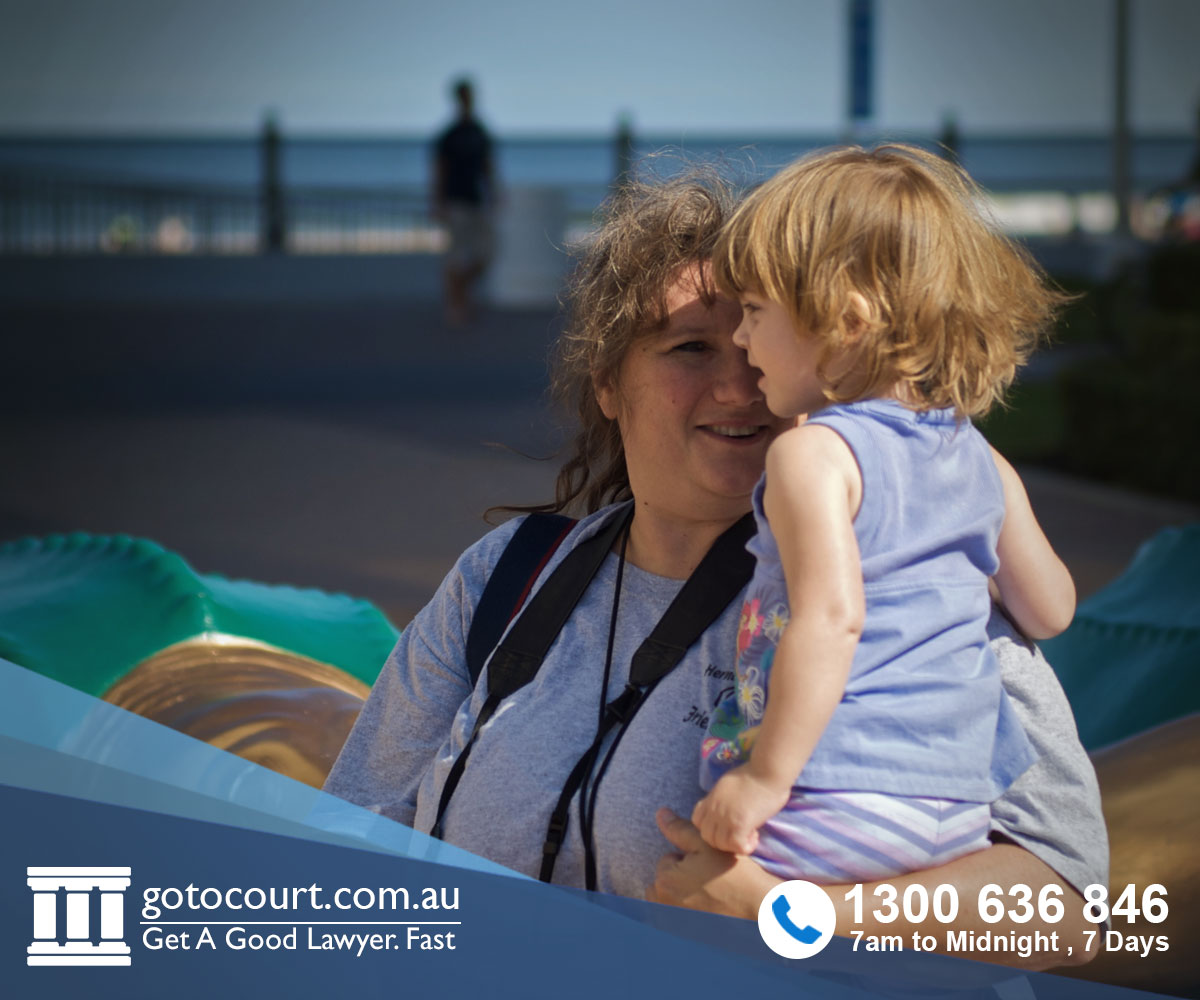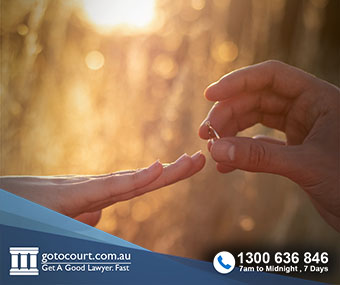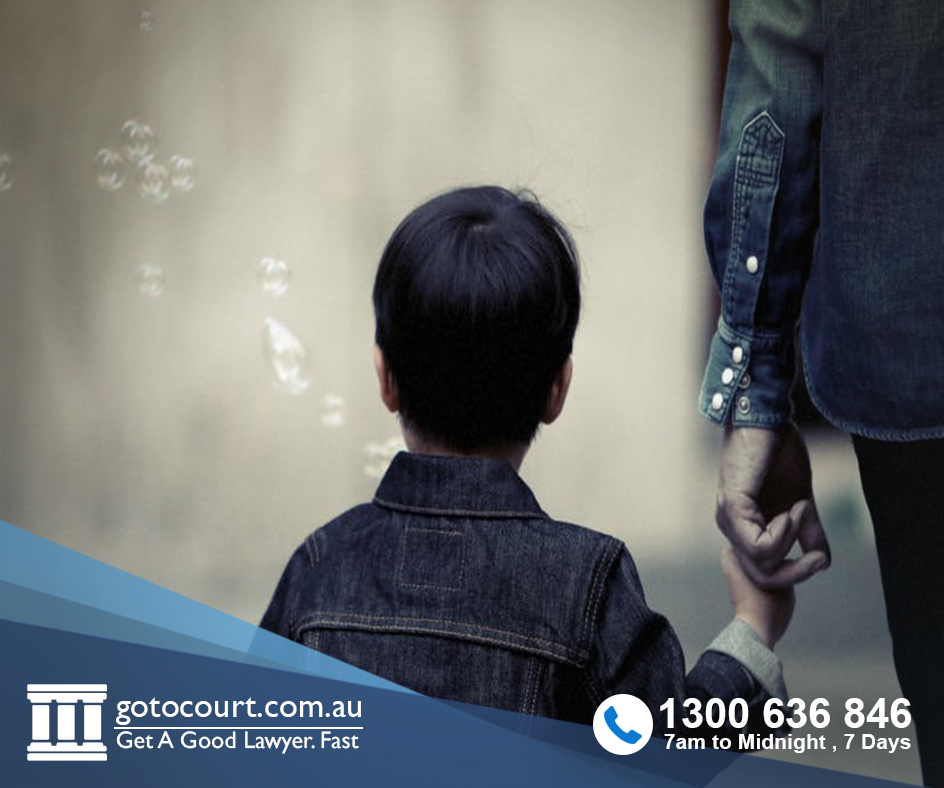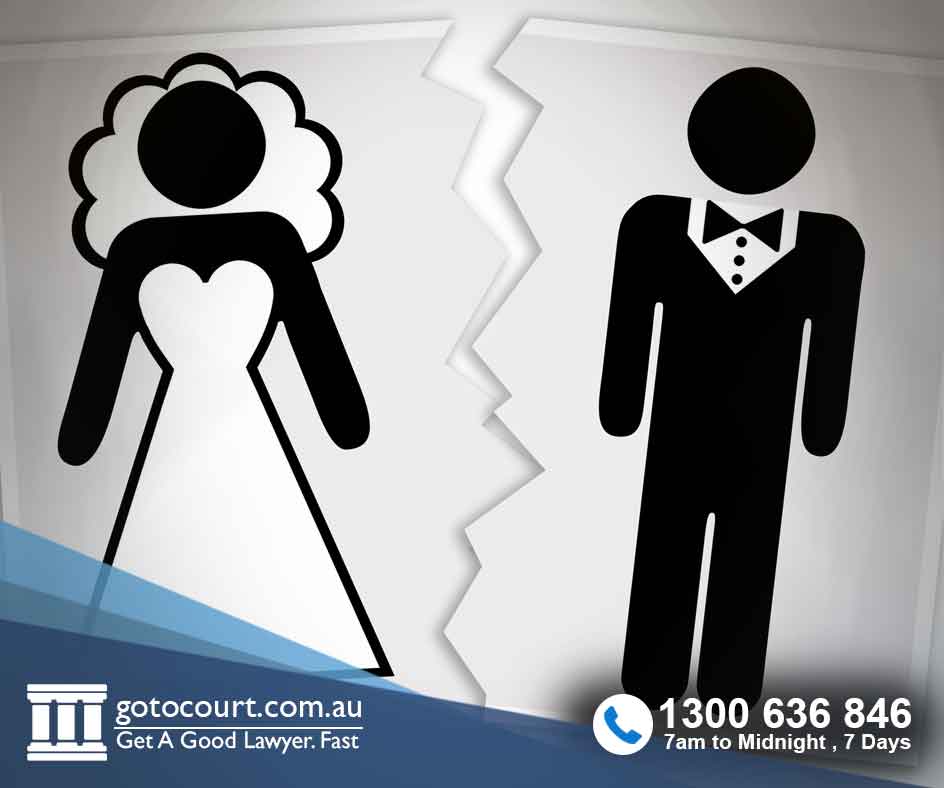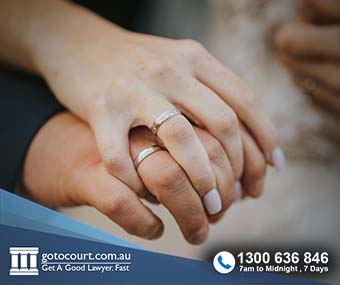Polygamy in Australia
Polygamy in Australia
“Polygamy” is ancient Greek for “married to many” or “often married”. Polygamy is a situation where a person has more than one marriage at the same time. In Australia it is a criminal offence known as bigamy to knowingly get married when a person is already legally married. However, polygamy is legal in many countries. This page deals with the legal status of polygamous marriages in Australia.
The offence of bigamy
Under section 94 of the Marriage Act bigamy can be committed in two ways. It can occur when a person who is already married, marries another person as well as when a person marries a person who is already married.
Both forms of bigamy attract a maximum penalty of five years imprisonment. Bigamy is an indictable offence that can be dealt with summarily by consent.
Multiple de facto partners
Under Australian law, it is not illegal for a person to have multiple de facto partners at the same time. Section 4AA(5)(b) of the Family Law Act explicitly states, “a de facto relationship can exist even if one of the persons is legally married to someone else or in another de facto relationship”.
Are overseas polygamous marriages recognised in Australia?
Under section 6 of the Family Law Act, an overseas marriage which is polygamous or has at any time been polygamous is recognised as a marriage for the purposes of proceedings under the Act. However, an overseas marriage will not be recognised if:
- either party was aged under 16 when they married;
- the union was non-consensual due to fraud, duress or mistaken identity;
- the union was incestuous.
Defence To Bigamy
It is a defence to a charge of bigamy if a person believed their spouse was dead when they entered into a second marriage. The Marriage Act 1961 states a period of seven years of continual absence is sufficient to establish a presumption of death.
The Act also provides that the offence of bigamy is not committed where a person goes through a marriage ceremony with their own spouse such as when a couple renews their wedding vows or celebrates a second wedding.
Preventing bigamy
The Marriage Act 1961 contains several provisions that prevent bigamy. These are as follows:
- section 23B(1)(a) makes any second or subsequent concurrent marriage legally void;
- section 42 requires that for a marriage to be solemnised, it must take place before an authorised marriage celebrant, to whom official documents must be presented, including a written notice and declaration stating the person’s current “conjugal status” and declare their “belief there is no legal impediment to the marriage”;
- section 104 makes it an offence for a person to provide a notice to an authorised celebrant “if, to the knowledge of the person, the notice contains a false statement or an error or is defective”;
- section 100 makes it an offence for a celebrant to solemnise a marriage where they believe there is a legal impediment to marriage or that the marriage would be void.
Polygamy as an issue of debate
Polygamy in Australia has become an issue of debate again in recent years due to the debate over same-sex marriage and the definition of marriage that came with it.
Opponents of polygamy argue that the practice is contrary to women’s social, emotional and economic wellbeing. This is because polygamy is overwhelmingly practised as polygyny rather than polyandry, meaning men are entitled to multiple wives but women are not entitled to multiple husbands. This is said to perpetuate a patriarchal form of gender inequality, especially as the marriages are often arranged.
Opponents of polygamy also argue that the payment of a “bride price” to the prospective husband leads to a woman being seen as property, incentivising a family to marry off daughters at the first opportunity, and denying females the right to a life of their choice. They also point to other ramifications of a bride price, such as large age gaps between husbands and wives, the ensuing likelihood of early widowhood and the entrapment of women in abusive unions. They say that polygamy, by its nature, causes emotional and financial isolation as it fosters neglect, jealousy, competition and conflict between a hierarchy of wives.
Opponents of the practice also express concerns about the welfare of children from polygamous relationships. They also point to evidence of sexual abuse, marrying of minors and marriage between close relatives, as has been documented in Mormon communities in the United States.
Supporters of polygamy argue that consenting adults should be allowed to enter multiple marriages without the interference of the government. They say polygamy allows honesty in relationships, acts as a deterrent to infidelity for men and provides companionship for women. They argue arranged marriages promote and strengthen social, economic and political alliances, and that children of an “alpha male” stand to benefit from protection and influence.
They argue the practice can also provide a large support network for the children, by exposing them to a broad range of adult role models. They say polygamy is a legitimate part of the shift away from the traditional two-parent paradigm of family. They claim the harms attributed to polygamous marriages are not inherent to this form of marriage, and that such harms are already prohibited by law.
For advice on family law or any legal matter, please contact Go To Court Lawyers.

Affordable Lawyers
Our Go To Court Lawyers will assist you in all areas of law. We specialise in providing legal advice urgently – at the time when you need it most. If you need a lawyer right now, today, we can help you – no matter where you are in Australia.How It Works




1. You speak directly to a lawyer
When you call the Go To Court Legal Hotline, you will be connected directly to a lawyer, every time.

2. Get your legal situation assessed
We determine the best way forward in your legal matter, free of charge. If you want to go ahead and book a face-to-face appointment, we will connect you with a specialist in your local area.

3. We arrange everything as needed
If you want to go ahead and book a fact-to-face appointment, we will connect you with a specialist in your local area no matter where you are and even at very short notice.

